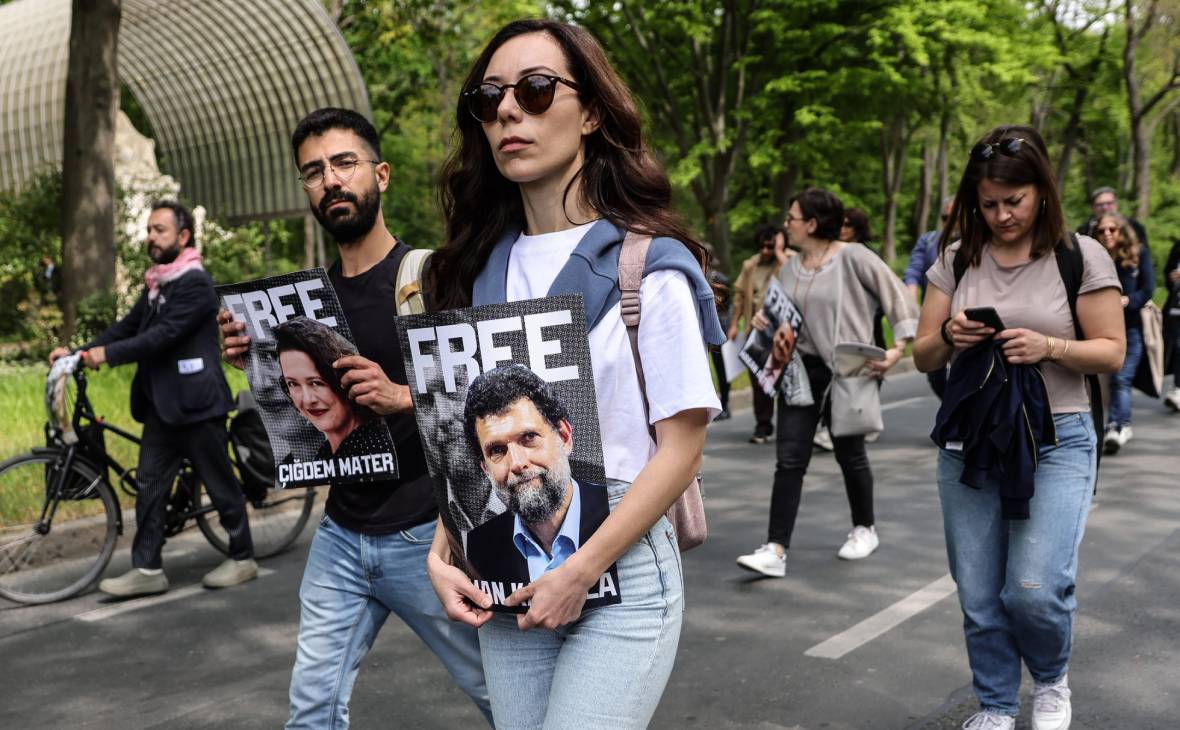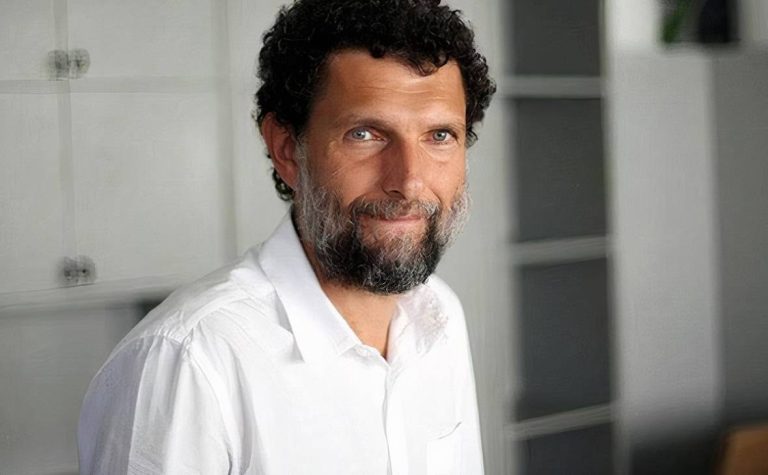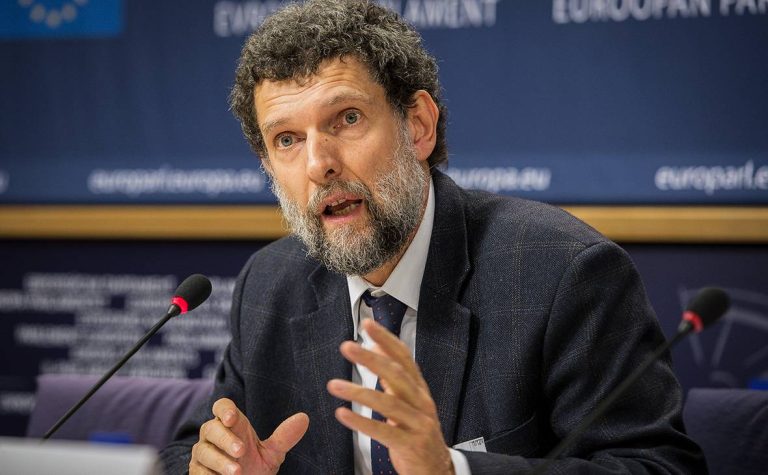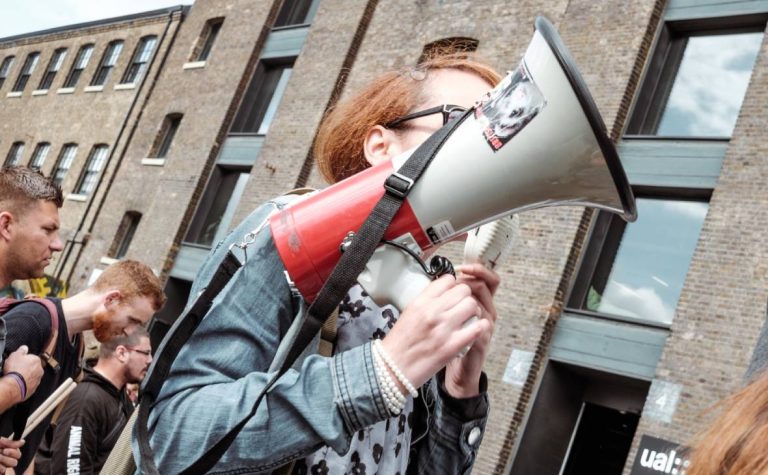Turkish businessman and philanthropist Osman Kavala has been rearrested on new charges, moments after being acquitted in a high-profile trial concerning the 2013 Gezi Park protests. The move comes despite a European Court of Human Rights ruling calling for his release and has raised serious concerns over the state of judicial independence in Turkey.
Former European Court of Human Rights judge Rıza Türmen has condemned the re-arrest, describing it as a clear violation of the earlier ruling.
Acquitted, Then Arrested Again
On 18 February 2020, the Istanbul 30th Assize Court acquitted Osman Kavala of charges related to the Gezi Park protests and cleared him and several other defendants. The decision had been anticipated to end Kavala’s prolonged detention, which began in 2017.
However, just as Kavala was set to be released, a new arrest warrant was issued by the Istanbul Prosecutor’s Office, this time linked to an investigation surrounding the failed coup attempt of 2016. Kavala was re-arrested under charges tied to Article 309 of the Turkish Penal Code, which relates to attempts to overthrow the constitutional order.
Attempts to contact the Istanbul Prosecutor’s Office for a statement on the justification for re-arresting Kavala were not answered at the time of publication.
Speaking to T24, Rıza Türmen was highly critical of the decision to rearrest Kavala, stating that the new charges fall under the same investigation that had already been addressed by the European Court of Human Rights (ECHR).
“The ECHR ruling covers both the charges under Article 312 and 309…. Re-arresting Kavala on these grounds is a blatant violation of the court’s decision,” Türmen explained.
The renewed charges against Kavala have been met with scepticism, with many questioning the evidence supporting his re-arrest. According to Türmen, the allegations centre around Kavala’s supposed contact with a coup suspect, which the authorities claim was established through their phones pinging the same cell tower and an encounter where they briefly exchanged greetings.
“This does not meet the threshold for reasonable suspicion,” Türmen said, echoing concerns raised by the ECHR, which had previously ruled that the evidence against Kavala was insufficient to justify his detention. “The European Court requires concrete and tangible evidence for charges as serious as attempting to overthrow the government,” Türmen added. “In this case, the only claim is that they met and exchanged greetings. This cannot substantiate a claim of involvement in a coup attempt.”
Turkey’s Ministry of Justice was also contacted for comment, but no response was provided by the time of writing.
Ignoring International Rulings
In December 2019, the European Court of Human Rights ruled that Kavala’s continued detention violated his rights under the European Convention on Human Rights. The court found that his imprisonment was politically motivated and aimed at silencing him and ordered his immediate release. The ruling was seen as a major victory for Kavala’s supporters, who had long argued that his detention was unjust.
However, the Turkish authorities’ decision to rearrest Kavala just hours after his acquittal has raised serious questions about their commitment to complying with international human rights obligations.
Efforts to obtain a comment from Turkish officials regarding their stance on the ECHR’s ruling were unsuccessful, as no response was given.
What’s Next for Turkey?
Many observers have warned that Turkey’s refusal to comply with the European Court’s ruling could have serious repercussions for its relations with Europe. The Council of Europe, which oversees the implementation of ECHR rulings, has the authority to sanction member states that fail to comply with the court’s decisions.
The longer Turkey continues to defy its legal obligations under the European Convention on Human Rights, the greater the strain on its relationship with Europe. This case is a test of Turkey’s commitment to the rule of law and its place in the European legal framework.
Osman Kavala’s re-arrest, just moments after his acquittal, has become a focal point in the ongoing struggle over the independence of Turkey’s judiciary and the country’s commitment to human rights. Whether the Turkish authorities will adhere to the ECHR’s ruling or continue to resist international pressure remains to be seen.






